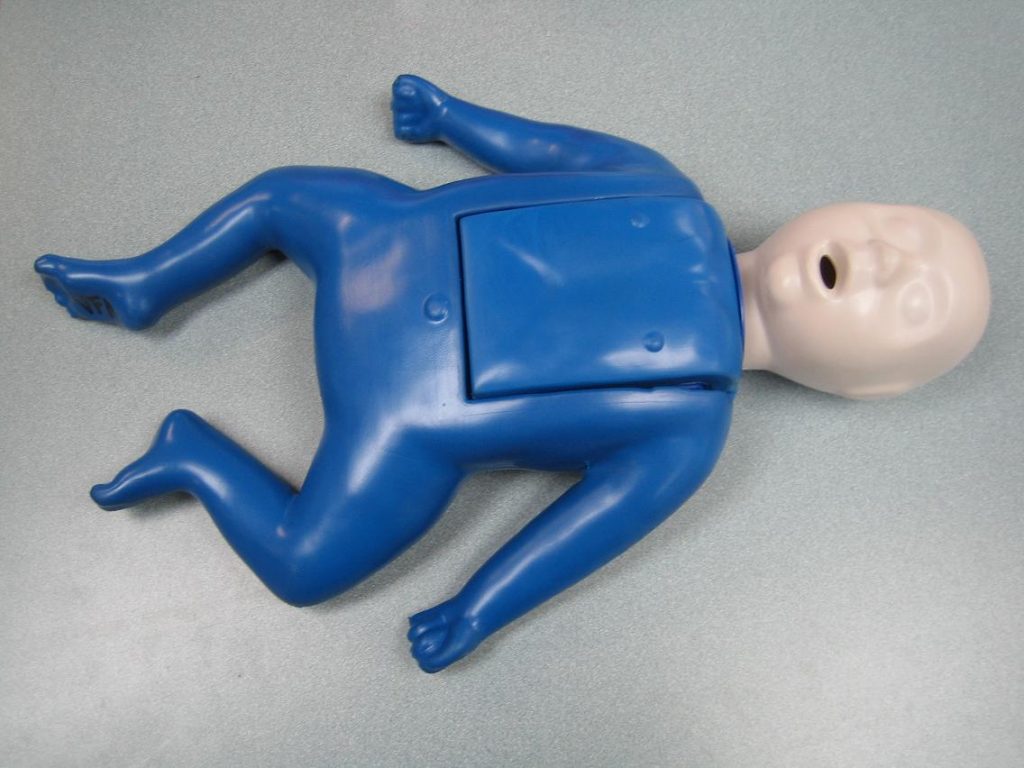When sleeping in the initial weeks of their lives, infants can create all kinds of noises including snoring, whistling and snuffling. This is due to the irregular breathing and pauses while they are breathing.
Snoring in babies is a common problem. Babies make noise while sleeping due to their immature airways that are still small and filled with secretions. When the baby breathes, air will collide with the secretions and generate all sorts of noises. Some babies snore due to common cold or an allergy. As the infant grows, the noises are evidently reduced because the airway expands and makes it easier for the air to pass without making any noise. Sometimes, snoring occurs when the baby is in the deepest stage of sleep where the muscles of the throat are relaxed and snoring is produced.
Causes of infant snoring

- Snoring in infants be due to apnea of prematurity. Apnea is a condition of sleep where there is a brief disruption of breathing that includes snoring. Due to undeveloped respiratory system of premature babies, they have difficulty with breathing.
- Asthma
- Enlarged adenoids of tonsils which causes blockage of the breathing passages during sleep when muscles of the throat are relaxed. In addition to snoring, other symptoms such as labored breathing and disturbed sleep are also present.
Treatment
- Prepare a nasal spray by mixing ¼ teaspoon of salt to 8 ounces of water. Mix well until the salt dissolves completely. Apply a couple of saline drops in the stuffed nose of the baby at least once every day. Take out the secretions from the nose of the baby using a nasal aspirator.
- Before sleeping time, take the baby into the bathroom and run the shower in hot setting to produce steam. Take note that the steam inside the bathroom helps clear the breathing passages of the baby.
- Install a humidifier inside the room especially when the room is dry due to central heating unit. A warm-mist vaporizer can also be used to provide the bedroom of the child with a humid environment. In addition, it also helps with a clogged nose of the baby as well as promotes better sleep at night.
- Eliminate pet dander, dust and other allergens from the bedroom of the baby or at least away from the bed. Dirt and other household particles can cause irritation of the nasal passages and result to snoring. Regular vacuuming of the area and washing of baby’s items helps with the condition.
- Change sleeping posture of the baby. Do not allow the infant to sleep on their stomach or on the backs. Always keep the baby asleep on their sides.
FACT CHECK
https://www.healthline.com/health/parenting/newborn-snoring
https://www.parenting.com/article/ask-dr-sears-baby-snoring
https://www.babycenter.com/0_baby-sleep-habits-snoring-sweating-head-banging-and-more_1467374.bc
